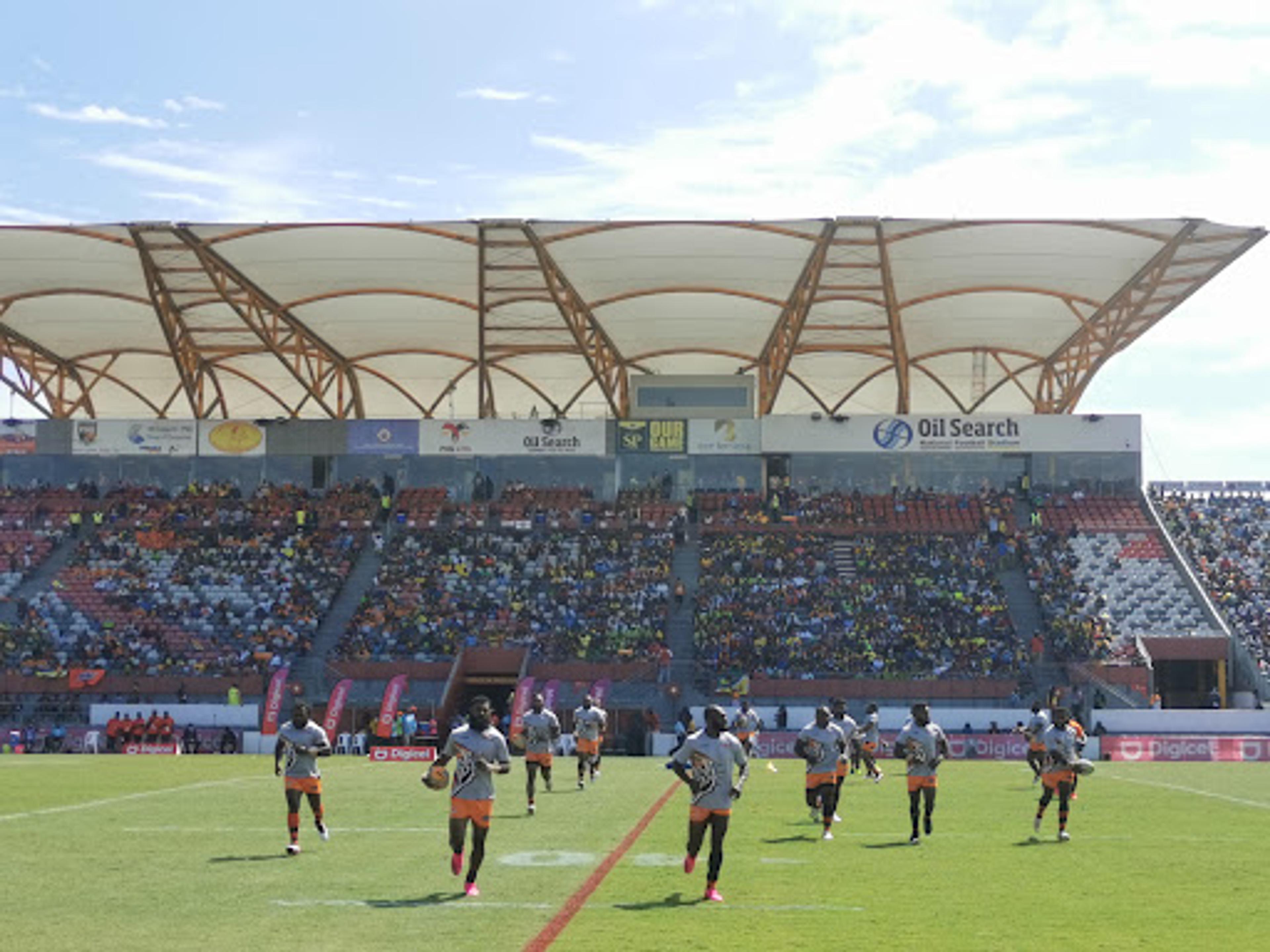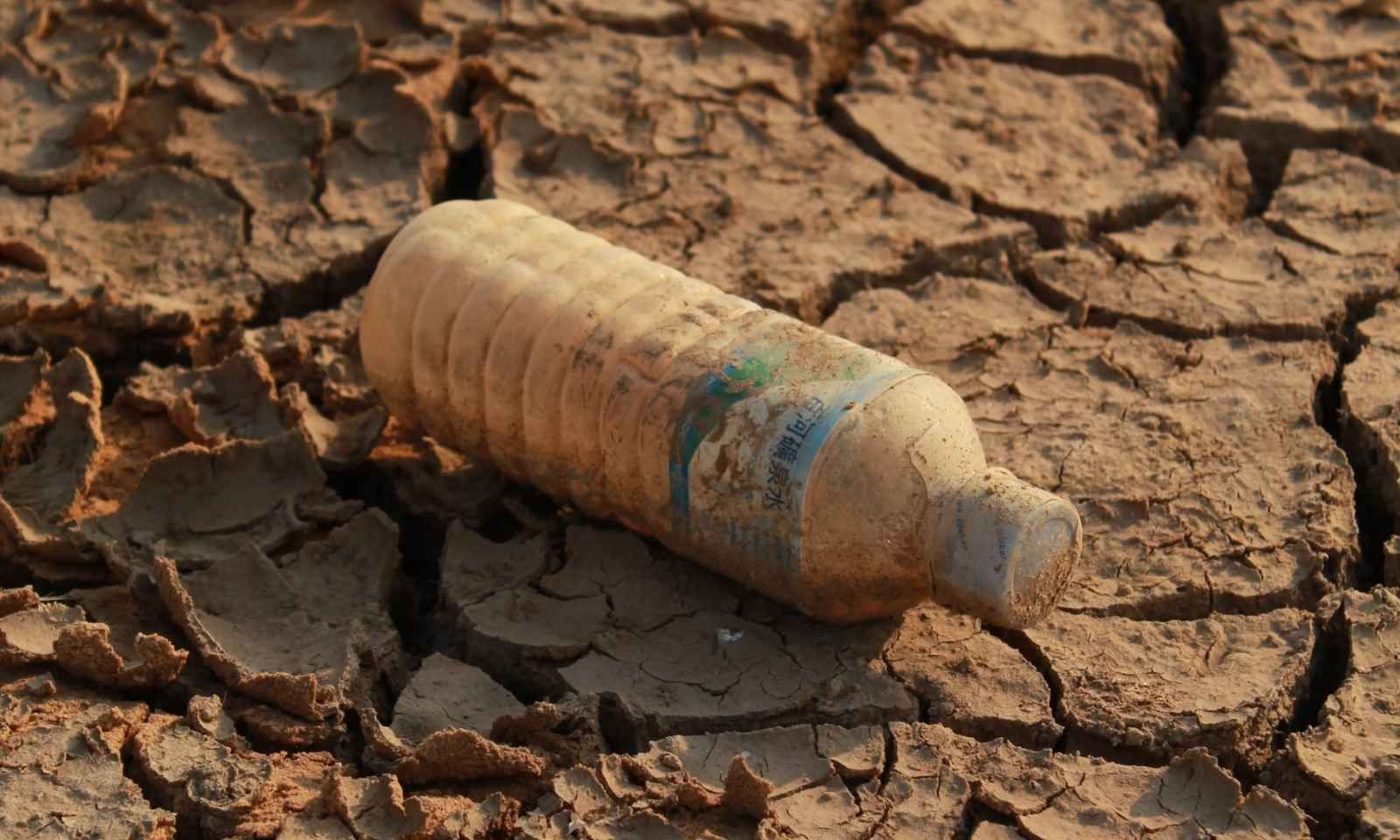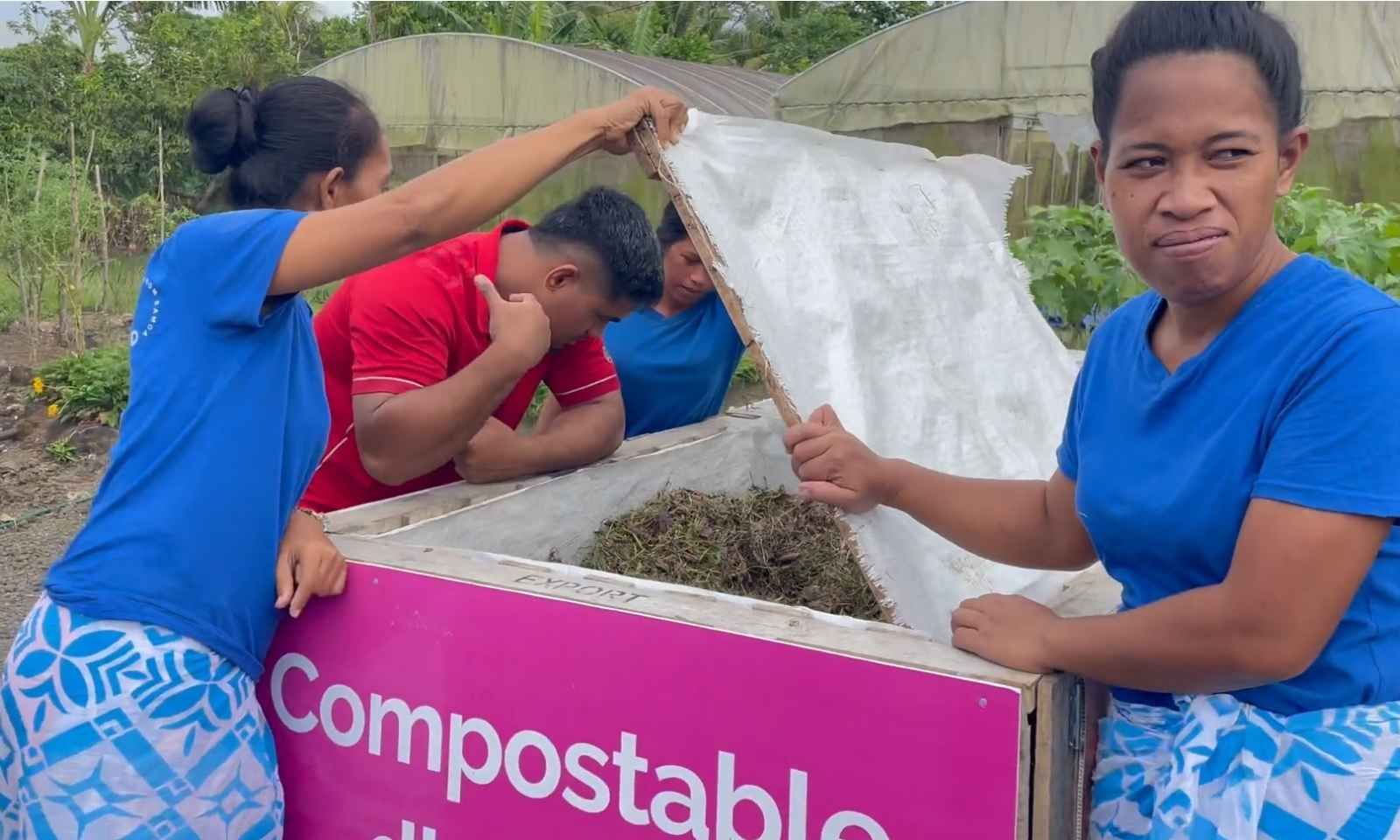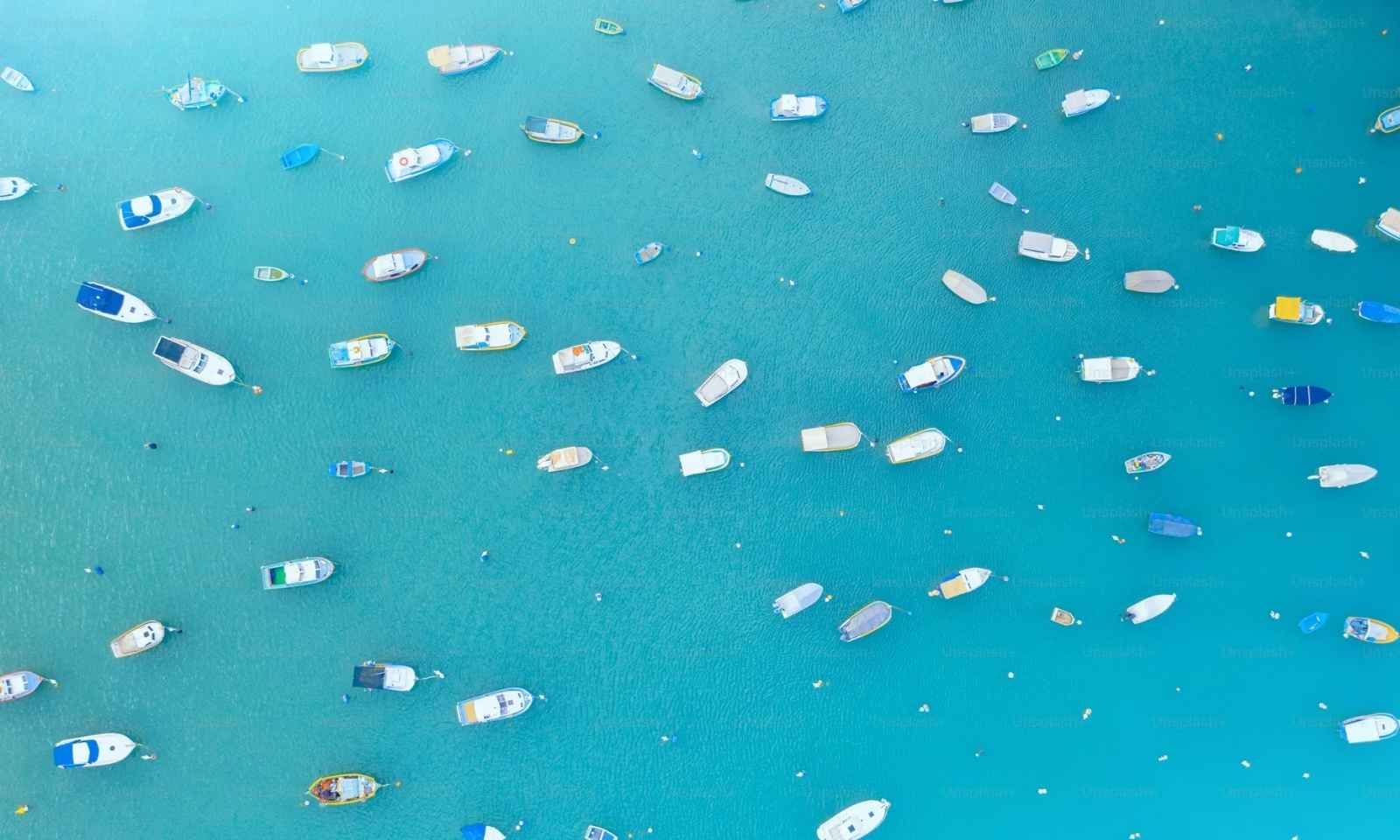

The Greater Good project has employed 18 women in Sāmoa’s rural communities.
Photo/thegreatergood.global
Compostable diaper project turning waste into opportunity
The Greater Good initiative is revolutionising waste management by transforming disposable diapers into nutrient-rich soil and creating jobs in Sāmoa.



Finding a ‘NewBae’ in 2026: A South Akl singles night changing up the dating scene


Tokelau election delay exposes fragile Pacific Islands transport links


Finding a ‘NewBae’ in 2026: A South Akl singles night changing up the dating scene

A Sāmoa-based initiative is turning disposable diapers into nutrient-rich soil, tackling plastic waste and empowering women.
The Greater Good project is a compostable diaper service that reduces plastic pollution while generating employment for women in Sāmoa’s rural communities.
A 2022 report by Engineers Without Borders Australia, commissioned by the Secretariat of the Pacific Regional Environment Programme, found 815 million single-use disposable nappies are used annually in the region, resulting in about 173,000 tonnes of waste.
For small island nations like Sāmoa, diapers make up more than a quarter of household waste.
Kim Graham-Nye, co-founder and Sāmoan lead on the ground, said if a hundred babies used compostable diapers, it would eliminate 700kg of plastic waste per week.
The project also employed 18 women, many of whom had not previously been paid.

For every 100 babies using compostable diapers in Sāmoa, around 700kg of plastic waste per week is eliminated. Photo/Unsplash
“I think people really love the idea that this is designed through a female lens, and we're bringing women into the solution and putting them at the heart of solving this problem,” Kim said.
“Unfortunately, nappies are a gendered issue but shouldn't be. There’s no biological reason that men [shouldn’t change nappies] but sadly, statistically, it's mostly women.
“So, by putting women at the centre of the solution, letting them co-create a system for delivering collection, composting… just with our two villages.”
Co-founder and research lead Jason Graham-Nye said that for countries in the southern hemisphere facing the existential climate change crisis, embracing a circular economy, which also creates employment, is a leapfrog opportunity.
“They have done almost nothing to contribute to the problem, and yet they'll be the first to feel the effects of global warming and climate change,” Jason said.
“Our hope with this project is to demonstrate that we can do this at a very low cost to solve three problems at once and get some expansion across the region and have these island nations leapfrog the West, the global North.”
He said the diaper’s design contemplates a circular model, where it not only eliminates diaper plastic waste but also replaces it with nutrient-rich soil within six to eight weeks.
Jason added that this also helps reduce the amount of synthetic fertilisers imported into the South Pacific.

18 women in Sāmoa have gained employment under The Greater Good project. Photo /website/thegreatergood.global.
Going back to traditional ways
Kim said that a “circular economy” is nothing new to countries like Sāmoa and that their product exhibited, compared to harmful Western economic models, that “indigenous wisdom had it right all along”.
“We need to start calling it that because I feel like there's this arrogance in the West that, ‘we're so smart, we've created this new way of living in harmony with nature’.
“I could just imagine all around the world, indigenous cultures looking at us going, ‘what are you talking about? That's how we've done this for 50,000 years’.”
Other waste management programmes, like the Alliance to End Plastic Waste, which committed US$1.5 billion (NZ$2.475b) over five years in 2019 to remove 15 million metric tonnes by the end of 2023, abandoned their ambitious target.
They removed only 119,000 metric tonnes, resulting in around $12,605 per metric tonne of plastic waste removed.
In addition to the need for a circular approach, Kim emphasised the need for preventative measures against climate change rather than reactive measures like recycling, which she says “has proven not to work over the past 40 years, yet it’s where most of the funding goes".
She said the single biggest challenge they faced was funding, where they spent more time on fundraising than focusing on the work.
“The Ocean Cleanup itself, that's an amazing programme, spent about $4,200 a tonne - Our programme is about $215 a tonne.

According to The Ocean Cleanup, the Great Pacific Garbage Patch covers an estimated surface area of 1.6 million square kilometers, an area twice the size of Texas or three times the size of France. Photo /Unspash.
“But trying to get governments and agencies and donors to say ‘fund prevention, stop it before it goes in the ocean in the first place’, it's not the way most societies work.
“We tend to not invest in prevention, whether it's our health or any aspect of our societies.”
Looking ahead
The team is discussing with other island nations that are eager to adopt their model, saying that Tuvalu may be next on the list. But there is “excitement” around Vanuatu, which was the first country to ban disposable nappies legally.
“So you've got Vanuatu leading the charge, Tuvalu has also done so much work on getting ready to have a solution come in.
“Because of their size, they might end up being the world's first at this stage. We're hoping, of course, there'll be a little bit of competition so that Sāmoa wants to be first.
“But Kiribati has also been doing a lot of work around limiting just plastic disposable nappies being imported.
“So I think there's excitement around solving this problem and I can't wait for some of these countries to really puff their chest and say they've done it when the global North says it's impossible.”
For more information, visit The Greater Good's website.